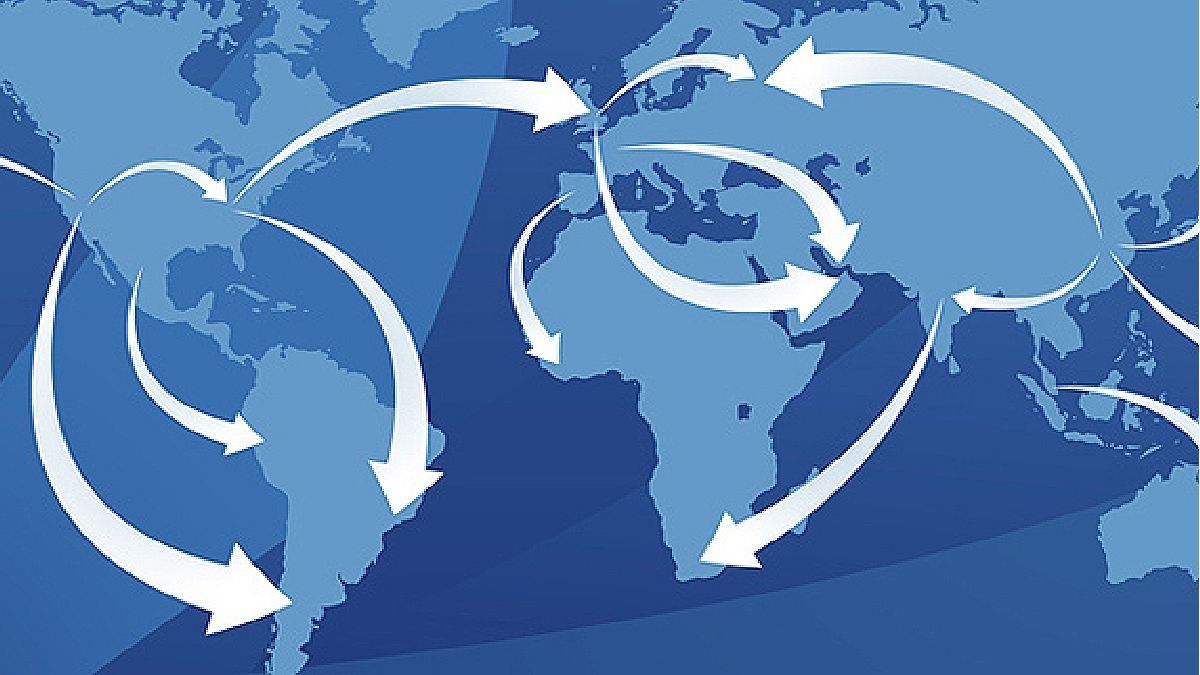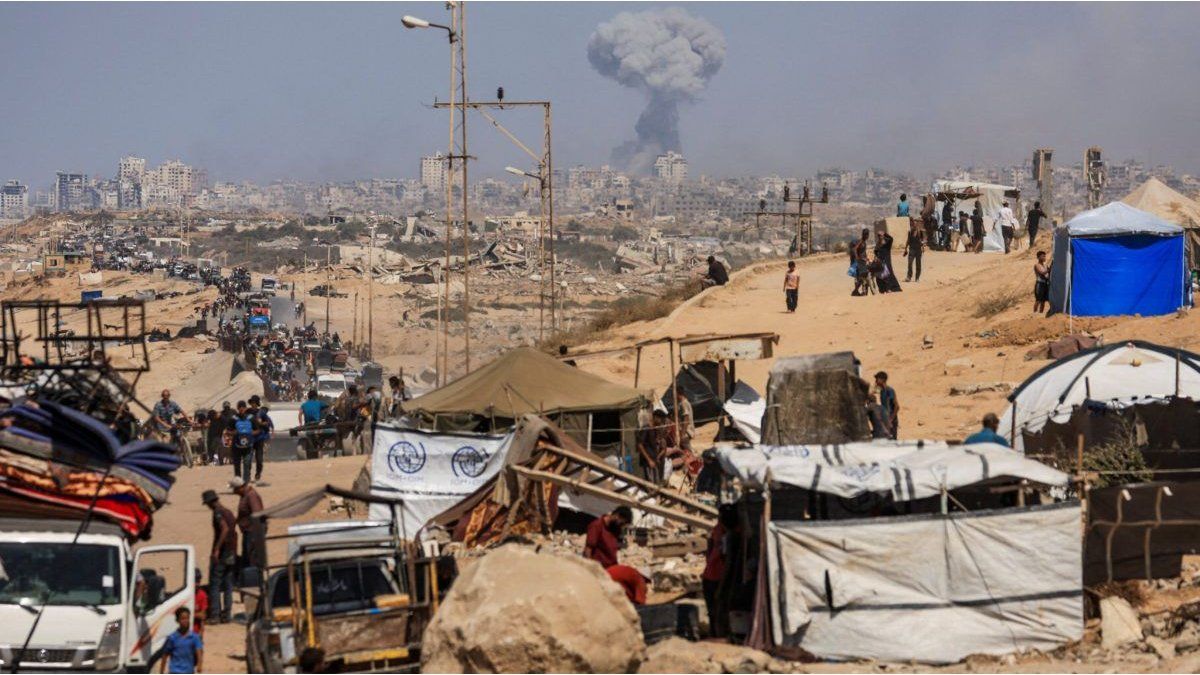The day before it became known that a possible improvement for Argentina to the status of emerging market by index provider MSCI could generate almost $1 billion in investments in the country’s stocks, he said. JP Morgan on Tuesday, according to a cable from the British news agency Reuterswhich was shared by President Javier Milei.
It should be remembered that the MSCI index classifies Argentina as an “independent market” rather than including it in its widely followed set of indexes. “emerging markets”“. The index provider demoted Argentina in November 2021 due to market accessibility issues, including strict capital controls that limited investors’ ability to replicate the index (cepo).
But as he explains well Andrew Rymer, senior strategist at Schroders Emerging Markets, Emerging markets have undergone continuous change since the investment group became popular in the late 1980s. To some extent, this is implied in the name, although it is more complex than this.
As an example of this change, in the last decade the first Gulf markets have been classified as EM. Rymer explains that this started with the United Arab Emirates and Qatar in 2014, with Saudi Arabia and Kuwait included in 2019 and 2020, respectively. The last 10 years also They have witnessed the return and subsequent departure from Argentina and PakistanMeanwhile, Russia was eliminated in 2022.
The strategist adds that frontier markets have also seen significant changes over this period. “All of this begs the question, and it’s one we get asked often: how do you define an emerging market? Why is South Korea still considered an emerging market, and why isn’t Vietnam? These are two other questions that often come up.”
The distinction between an emerging equity market and an emerging economy
“A key point to keep in mind is that an emerging market stock market No “It is necessarily an emerging market economy, and vice versa. There is more to this story, and it comes down to the way equity market indices are constructed,” Rymer says.
As an example, Rymer shares the following diagram illustrating how the MSCI Emerging Markets and Frontier indices, the tier below emerging markets, include some economies that are defined by the World Bank as High-Income Economies, its highest classification.
“South Korea and Taiwan are among the four largest equity markets in the MSCI Emerging Markets Index, with a 31% share as of the end of July 2024. And yet, both are classified by the World Bank as High Income Economies.“, he warns.
What does it take to be promoted/demoted from one classification to another?
As noted at the beginning, changes in the index MSCI Emerging Markets have not been that unusual over the years. The index provider has quarterly reviews and an annual review of the market ranking every June. It also annually assesses the accessibility of the market.
Schroders-Emerging Markets.jpeg
Rymer indicates that the cyclical process is adopted to aid predictability and normal market functionality. Markets are only considered for improvement if change is interpreted as “irreversible“. However, changes can be faster and take place out of the cycle, as with the removal of Russia from its indices in 2022. “This followed the Russian invasion of Ukraine, after which the market became uninvestable for many international investors,” he explains.
Why reclassification can be an opportunity for active strategies
Rymer notes that in the past, reclassification has created the opportunity for active investors, which can invest outside the benchmark, make changes to the allocation as soon as the decision is announcedand before the actual implementation of this change.
At the market level, the move from frontier to emerging, for example, “can put the market on the radar of a broader group of investors“as JP Morgan noted about Argentina. Similarly, a market with a large weight in frontier markets may be small in emerging markets, depending on factors such as the company’s market capitalisation, liquidity, etc., which may mean it is overlooked in emerging markets. There may be advantages to being a big fish in a small pond, as opposed to a small fish in a big pond..
What does all this mean for investors?
“We often emphasize the fact that emerging markets are not a homogeneous group, given their wide range of economies and equity markets,” he says. Rymer. Understanding the framework behind the emerging markets index is key to explaining this point, and the path that markets must take to be reclassified to another group.
The underlying drivers of emerging market index construction and ongoing developments pose challenges and complexity, but also opportunities for investors with a flexible, long-term approach, he says.
Finally, he concludes by looking at further details on the construction of emerging equity markets and the latest market valuations.
Source: Ambito
I am a 24-year-old writer and journalist who has been working in the news industry for the past two years. I write primarily about market news, so if you’re looking for insights into what’s going on in the stock market or economic indicators, you’ve come to the right place. I also dabble in writing articles on lifestyle trends and pop culture news.




